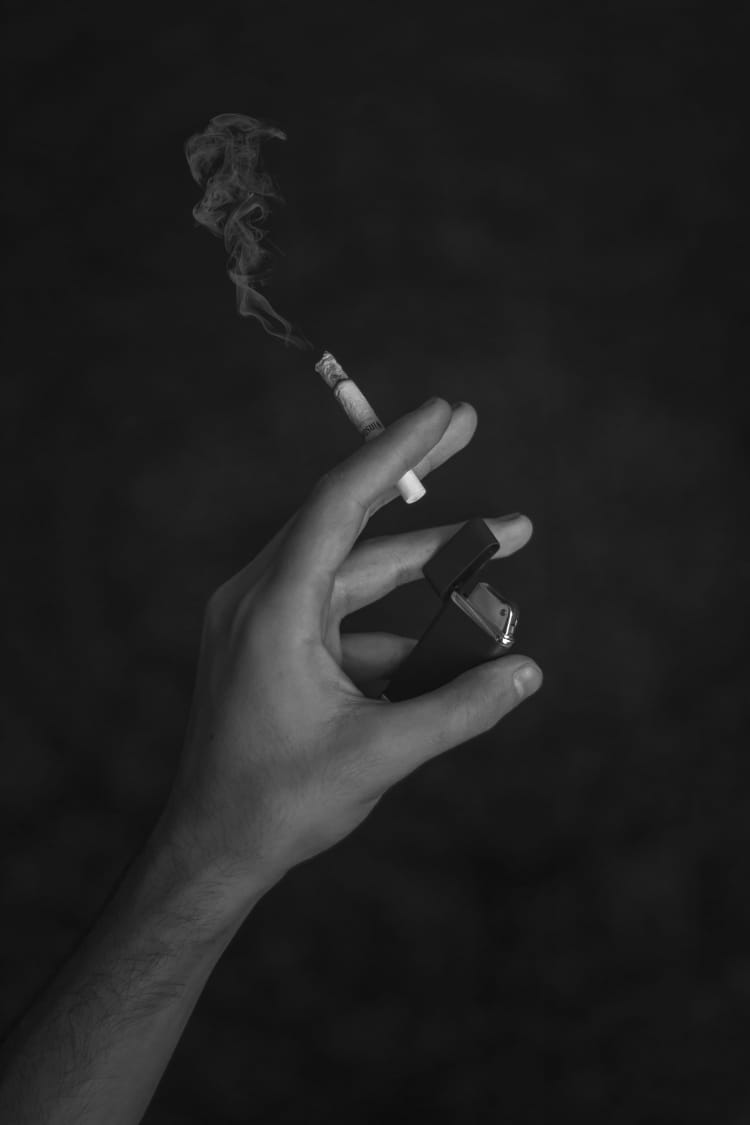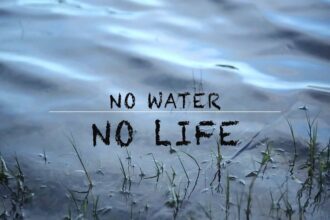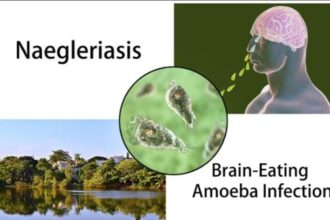“Smoking doesn’t make you look cool. It slowly makes you disappear.”
What Is Tobacco?
Tobacco is a plant whose leaves are dried and processed for smoking, chewing, or sniffing. The main addictive substance in tobacco is nicotine, which hijacks the brain’s reward system, causing dependence. However, it’s not just nicotine that causes harm over 7,000 chemicals, including arsenic, lead, and formaldehyde, are released when tobacco is consumed, particularly by smoking.
The Destruction of Youth: A Nation on Fire
In Pakistan, tobacco is stealthily becoming the number one enemy of the youth. With over 1,200 children aged 615 taking up smoking every day, we are watching a generation slide into addiction. Influenced by movies, peer pressure, and a false sense of style, smoking is glamorized among teens blinding them to its brutal consequences. Lung cancer, heart disease, and impaired growth are just the beginning of the nightmare.
The Elite Class and the Industry Behind the Smoke
The elite in Pakistan powerful businessmen, celebrities, and even politicians often turn a blind eye or silently support the tobacco industry. Some invest in cigarette companies, profit from ads, or simply overlook their influence on the youth. Lavish gatherings, shisha lounges, imported cigars these are not mere luxuries, but symbols of a growing social acceptance of poison. Their silence is complicity.
A Widening Health Crisis
According to the World Health Organization, Pakistan records over 160,000 deaths annually due to tobacco-related illnesses. That’s equivalent to a small city vanishing every year. The burden on public hospitals is immense, with cancer, cardiovascular, and respiratory cases skyrocketing. Tobacco is not just a lifestyle issue it’s a national health emergency.
Environmental Destruction: One Cigarette at a Time
Tobacco doesn’t just harm the smoker; it’s an ecological disaster. From deforestation for tobacco farming to the 5 trillion cigarette butts littered globally, each puff contributes to environmental decay. Pakistan’s streets are lined with non-biodegradable filters, polluting water and soil. The air? Poisoned by secondhand smoke, affecting even non-smokers.
What Can You Do to Stop?
- Self-awareness: Understand the health risks—not just long-term, but short-term too.
- Set goals: Start by reducing your cigarette count daily.
- Seek help: Use support groups, apps, or professional counseling.
- Stay busy: Replace the habit with exercise, hobbies, or volunteering.
- Surround yourself wisely: Avoid smokers if you’re trying to quit.
Change begins with you.
Pakistan vs the World: A Global Perspective
In Western countries, smoking rates have declined sharply due to aggressive anti-tobacco policies, public campaigns, and high taxes. For instance, smoking in the U.K. has dropped below 14%. Meanwhile, Middle Eastern nations are witnessing mixed trends some modern cities enforce strict bans, while others still struggle with enforcement.
Pakistan, unfortunately, lags behind. Over 19.1% of the adult population smokes. What’s more dangerous is the increase in youth smoking, especially via flavored cigarettes and vapes.
What Is the Government Doing?
The Government of Pakistan has introduced some tobacco control measures, such as:
- Graphic health warnings on cigarette packs.
- Bans on smoking in public places.
- Increased taxation on tobacco products.
- Restrictions on advertising.
But enforcement remains weak. Political pressure, lobbying from tobacco giants, and poor awareness continue to derail these efforts.
Policy Hopes for a Healthier Tomorrow
Some hopeful policy ideas being discussed:
- Introducing tobacco-free school zones.
- Enforcing plain packaging with no branding.
- Expanding anti-smoking education in schools.
- Launching a national quitline and digital support.
- Offering free or subsidized cessation therapies in public hospitals.
For a better future, policy without execution is just paper. We need action.
People’s Opinion
Ali (a 19-year-old student):
“I started smoking in college just to fit in. Now I can’t stop. I’ve tried twice but I always relapse.”
Sara (a medical intern):
“Ali, you know what’s worse? You’re hurting your lungs every single day. I’ve seen 30 year olds with lungs of 70 year olds. You can still quit.”
Hamza (Ali’s friend, ex-smoker):
“I used to be like you. But quitting changed my life. I breathe better, feel more confident, and have saved so much money. You just need the will to begin.”
A Quote to Remember
“The chains of habit are too weak to be felt until they are too strong to be broken.” Samuel Johnson
Let us break the chains before they become unbreakable.














